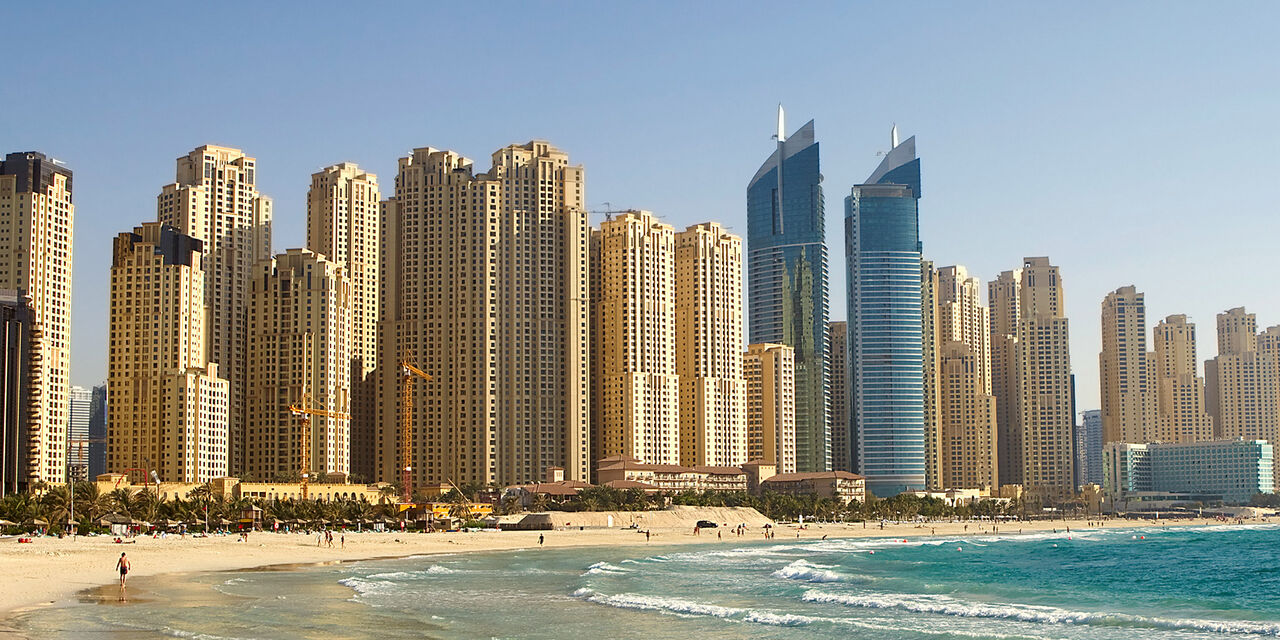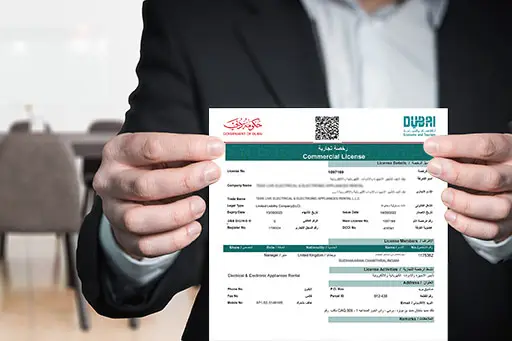If you are thinking about starting a business in Dubai, you are not alone. Thousands of entrepreneurs from around the world come to Dubai every year to set up their companies. And for good reason. Dubai offers a strategic location, low taxes, world-class infrastructure, and a business-friendly environment.
But like any serious project, registering a business in Dubai involves following a clear process. The good news is that it is much easier now than it was even a few years ago. The government has streamlined the process, digitalized a lot of paperwork, and made it possible for you to get started faster than in most countries.
This guide will walk you through exactly how to register a business in Dubai, what to prepare, the types of licenses available, the costs involved, and tips to make the process smoother.
1. Understanding The Basics
Before you jump into forms and applications, it is important to understand the basics of how business registration works in Dubai.
Dubai offers two main options for setting up a business:
- Mainland company – This allows you to operate anywhere in Dubai and across the UAE. Mainland companies are licensed by the Department of Economy and Tourism (DET), previously known as the Department of Economic Development (DED).
- Free zone company – This allows you to operate within a specific free zone or internationally. Free zones are special economic areas with their own regulations. They offer benefits like 100 percent foreign ownership, tax incentives, and simplified setup processes.
There is also an option for offshore companies, which are used mainly for holding assets or international trade, but these are not designed for doing business within the UAE.
2. Choosing The Right Business Structure
Dubai offers several legal structures depending on your goals. Some of the common ones include:
- Sole Establishment – Owned and operated by one individual.
- Limited Liability Company (LLC) – The most common structure for small and medium businesses.
- Civil Company – Usually for professional services like consultancy, accounting, or legal services.
- Branch of a Foreign Company – If you already have a company abroad and want to expand into Dubai.
- Free Zone Company (FZC or FZE) – For businesses that want 100 percent foreign ownership and to operate in or from a free zone.
The right structure depends on your business activity, number of owners, and whether you want to target the UAE market or focus on international clients.
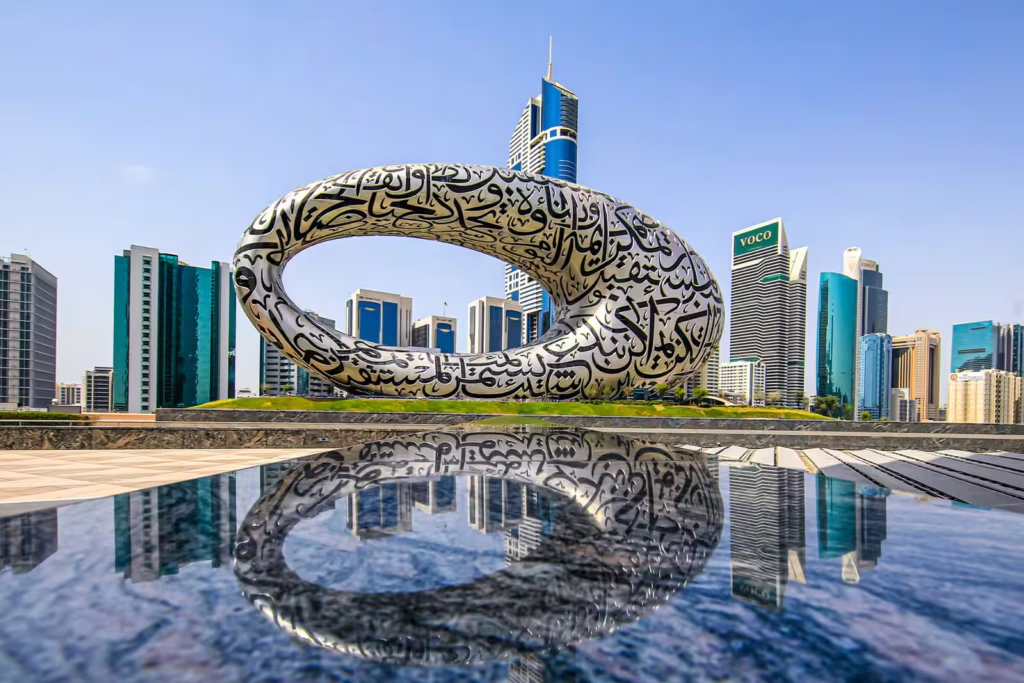
3. Deciding Between Mainland And Free Zone
This is one of the biggest decisions you will make early on.
Mainland setup is ideal if you:
- Want to trade directly in the UAE market without restrictions
- Plan to work with government contracts
- Need office space in the city
Free zone setup is ideal if you:
- Want full ownership without a UAE national partner
- Plan to export or operate internationally
- Want lower setup costs and faster registration
There are more than 40 free zones in Dubai, each focused on different industries like media, technology, logistics, healthcare, and finance.
4. Choosing Your Business Activity
In Dubai, your business activity determines the type of license you will need. The Department of Economy and Tourism (DET) and the free zone authorities have lists of approved activities.
There are three main categories:
- Commercial license – For trading goods and services.
- Industrial license – For manufacturing or industrial activities.
- Professional license – For services like consulting, legal, or medical services.
Make sure to choose the activity that matches what you plan to do. If you choose the wrong one, you may face issues when renewing your license or applying for visas.
5. Registering Your Trade Name
Your trade name is your company’s official identity. Dubai has clear rules about naming a business:
- No offensive or religious words.
- No abbreviations of your personal name.
- It must reflect your business activity where possible.
You can check availability and reserve a trade name through the DET portal for mainland companies or through the free zone’s own portal.
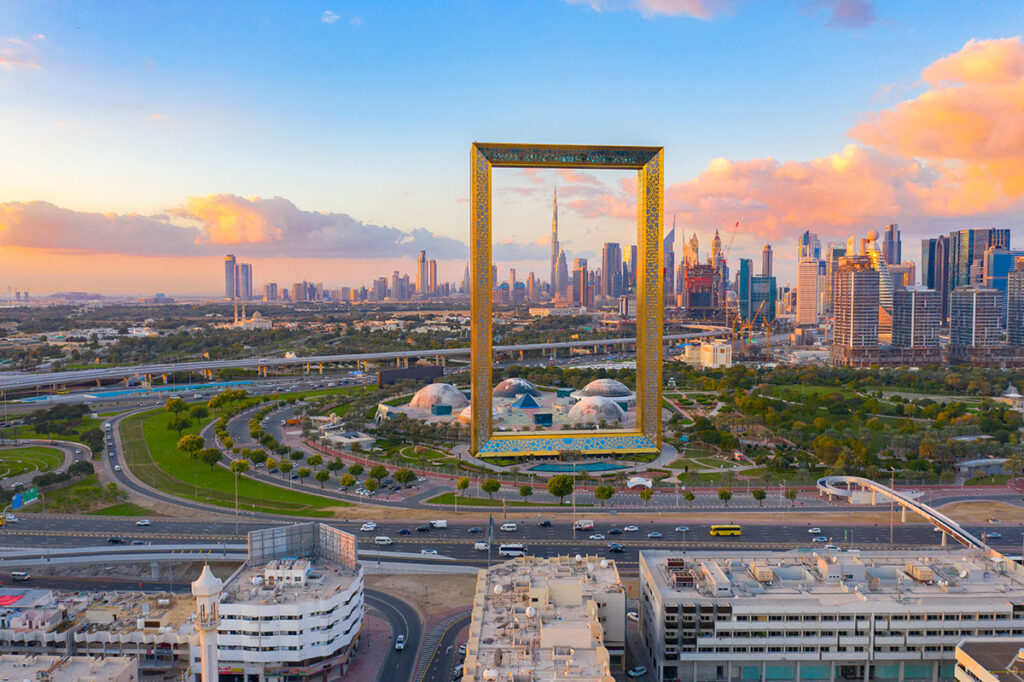
6. Applying For Initial Approval
Before you can proceed with the rest of the process, you will need initial approval from the relevant authority. This confirms that the government has no objection to your business idea.
For mainland companies, you apply to the Department of Economy and Tourism. For free zones, you apply directly to the free zone authority.
7. Preparing The Necessary Documents
The exact documents depend on the type of business, but generally you will need:
- A completed application form
- Passport copies of all shareholders and managers
- Passport-size photos
- Trade name reservation certificate
- Initial approval certificate
- Memorandum of Association (MOA) for certain structures
- Lease agreement for your office or workspace
In some cases, you may also need additional approvals from specific government departments, especially for activities related to healthcare, education, or food.
8. Finding The Right Office Space
For mainland companies, you need a physical office address in Dubai. The lease agreement must be registered with Ejari, the government’s tenancy registration system.
For free zones, many offer flexible packages with shared desks, private offices, or even virtual offices depending on your budget and needs.
9. Getting External Approvals If Required
Some business activities need extra approvals from other government departments. For example:
- A restaurant needs approval from Dubai Municipality and the Food Safety Department.
- A travel agency needs approval from the Department of Tourism.
- A health clinic needs approval from the Dubai Health Authority.
Make sure you check these requirements early to avoid delays.
10. Paying The License Fees
Once you have all approvals and documents ready, you will need to pay the relevant license fee. This varies depending on your license type, business activity, and whether you are in the mainland or a free zone.
Mainland license fees can start from around AED 10,000 to AED 15,000 for basic activities. Free zone licenses can start from AED 5,000 to AED 12,000 depending on the package.
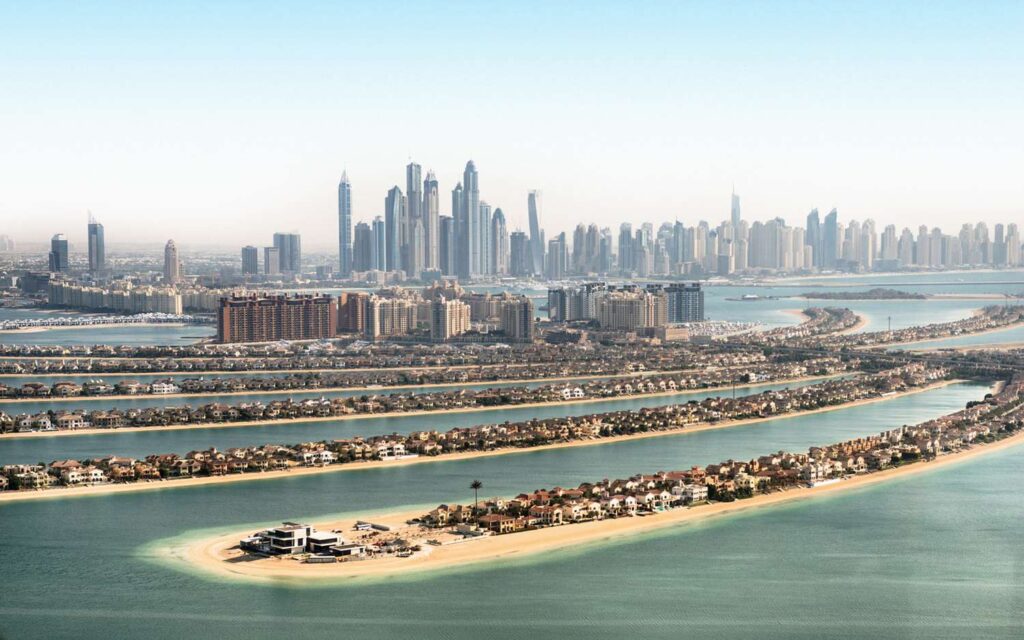
11. Receiving Your Business License
After payment, you will receive your business license. Congratulations — you are officially registered and can start operating your company.
For mainland companies, your license is issued by the Department of Economy and Tourism. For free zones, it comes from the free zone authority.
12. Opening A Business Bank Account
Once your company is registered, you will need to open a business bank account in Dubai. You can choose from local banks like Emirates NBD, Mashreq, and ADCB, or international banks like HSBC and Standard Chartered.
Banks will ask for:
- Your trade license
- Passport copies of shareholders
- Company documents like the MOA
- Proof of business activities (contracts, invoices, or website)
13. Applying For Visas
As a business owner, you can apply for your own residency visa and for visas for your employees and dependents.
For mainland companies, the number of visas depends on the size of your office. For free zones, it depends on the package you select.
14. Renewing Your License
Your Dubai business license must be renewed annually. Renewal is straightforward if all documents and payments are in order. Late renewals may lead to fines, so mark your calendar.
15. Common Mistakes To Avoid
- Choosing the wrong business activity
- Not understanding free zone restrictions
- Underestimating the budget for setup and operations
- Failing to secure the right approvals before launch
- Waiting too long to open a bank account

16. How Long Does It Take To Register A Business In Dubai
If all documents are ready, a free zone company can be registered in as little as three to five working days. Mainland companies can take about one to two weeks depending on the activity and approvals needed.
17. Costs To Expect
While costs vary, here is a rough breakdown for a small setup:
- Trade name reservation: AED 600 to AED 1,000
- Initial approval: AED 120 to AED 1,000
- License fees: AED 5,000 to AED 15,000+
- Office space: AED 8,000 to AED 50,000 per year depending on size and location
- Visa fees: AED 3,000 to AED 7,000 per person
18. Why Many People Use Business Setup Consultants
Even though you can register a business yourself, many entrepreneurs choose to work with a professional business setup consultant. They handle the paperwork, coordinate with authorities, and ensure you meet all requirements.
This can save time, avoid mistakes, and help you focus on planning your business rather than chasing documents.
19. Benefits Of Registering A Business In Dubai
When you register a business in Dubai, you gain access to:
- A stable economy and currency
- Low taxes compared to most countries
- Strategic location for global trade
- Excellent infrastructure
- A safe and cosmopolitan lifestyle

Final Thoughts
Registering a business in Dubai is one of the smartest moves an entrepreneur can make in 2025. The city offers a combination of opportunity, security, and ease of doing business that is hard to match.
Whether you choose a mainland setup for full UAE market access or a free zone for 100 percent ownership and quick registration, the process is clear and manageable if you follow the right steps.
If you plan ahead, choose the right structure, and meet all requirements, you can have your Dubai company up and running in a matter of days. And once you do, you will be in one of the most dynamic and business-friendly cities in the world, ready to connect with opportunities across three continents.



